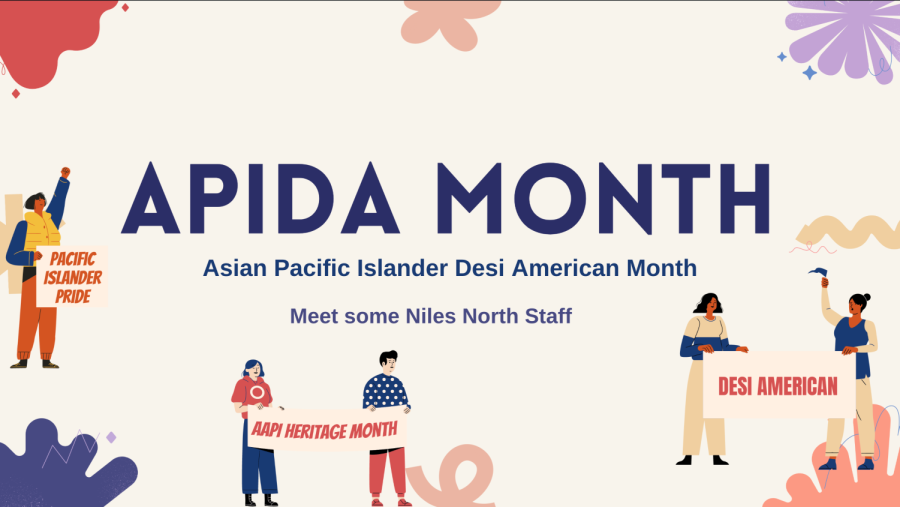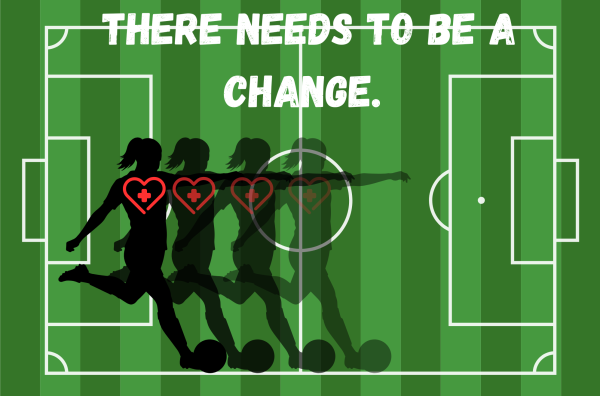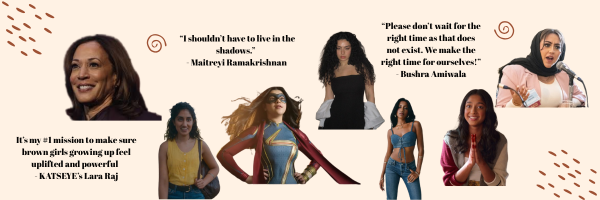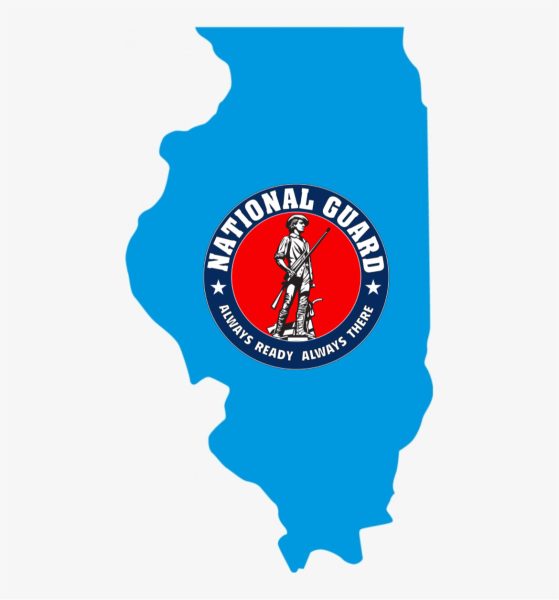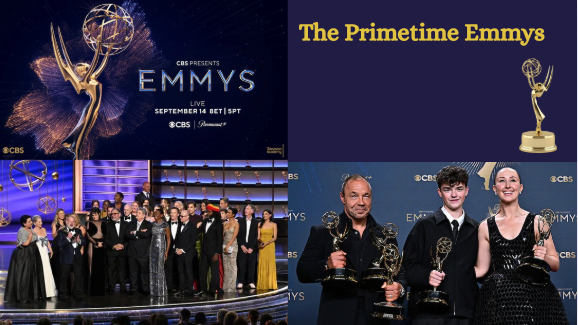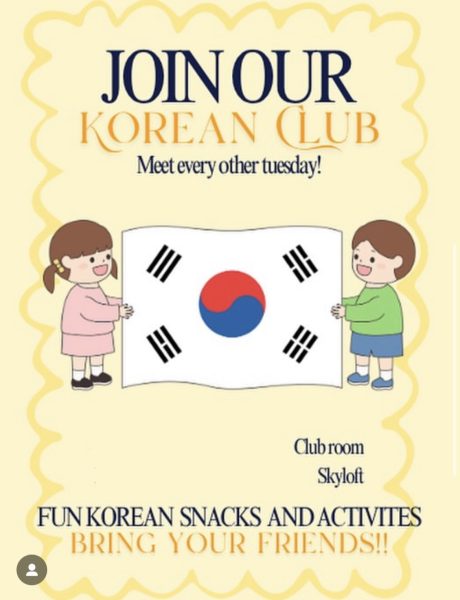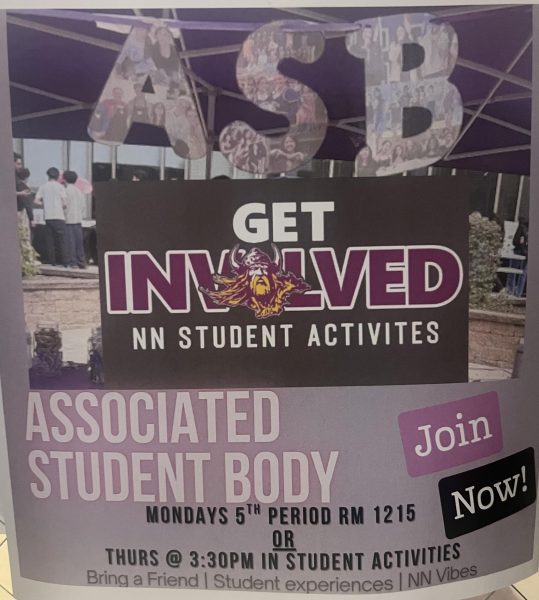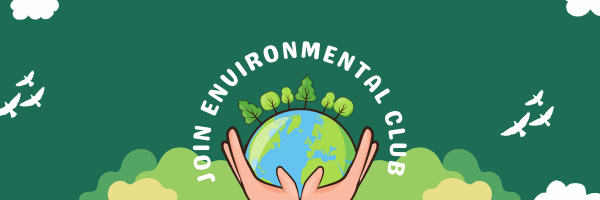APIDA Month features NN faculty,staff
May marks the Asian Pacific Islander Desi American (APIDA) heritage month. APIDA month celebrates the many different cultures across the Asian continent. Niles North recognizes the many APIDA faculty and staff that bring a positive influence on our school’s community. Let’s meet some of our APIDA staff! (Additions will be made to this list, so keep checking back here!)

Name: Ashishkumar Kacchia
Identity: Indian
Position and Department: Math teacher and Math department
What’s your favorite thing about your culture? food, go to any part of India and access different types of food like dosa and gujarati. I really like this Street food called pani puri.
What’s your favorite tradition and/or traditional dish? My favorite traditions are Holi and Uttarayan. Holi is a festival of colors where colors are thrown at people covering them with different colors. Uttarayan is a kite flying festival where people fly their kites and on the strings of the kite is fiberglass which lets you cut other people’s kites off their string. My favorite traditional dishes are Samosa and Cholechana
What is one thing you’d like people to know about your culture? I would like people to know that we are very accepting of many different things no matter the cultural or religious background. We are very open minded.
What do you hope to see this month at school and around town? I would like to see different celebrations from different cultures, backgrounds, and religions during APIDA month. I would also like people to check out Bollywood music.
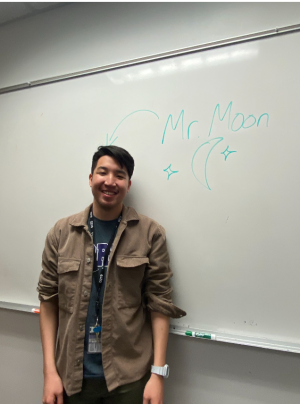
Name: Hello, my name is Clint Moon.
Identity: Asian-American, Korean-American
Position and Department: I’m in the Science Department and I teach Physics.
What do you identify as? I identify as Korean-American.
What’s your favorite thing about your culture? That’s so tough. I think a lot of people reflect about their culture and many go to food. I think food, you know, being raised on a lot of Korean cuisine, it becomes like comfort food for me. So it’s funny that there’s a specific scent that whenever I smell it, it makes me feel like I’m at home. And it’s like sesame seed oil, and that’s something that you see in a lot of Korean dishes, alongside with the smell of kimchi. I know that some people might not like it, but [it’s] those two specific smells. Whenever I smell it, it always just takes me back to being a kid at home with my parents and my mom saying, “food is ready!”
What’s your favorite tradition and/or traditional dish? Hmmm. There’s this one called “Jesa,” and it’s basically a ceremony for your ancestors; it’s something that I’ve done since I was a kid. It was basically led by my grandpa who would have this whole sort of, foldable board that would have a bunch of calligraphy and those would all be the names of…I’m not entirely sure who the names were. But at that moment, it just felt super important and something that would bring all the family together. Obviously, there would be food, but that was a tradition that when I think of my family, and sort of my culture, it’s the first thing that comes to mind.
Do you do this tradition every year? Once in a while? Yeah, so it’s usually in the lunar calendar. So it’s not like every January, every February, but usually [Jesa] is when this person passed away, or when were they born, or something like that? I think the next one is actually the passing of my grandma, who, her’s is coming up I think this month. It kind of just depends on when these dates are and sort of, in terms of the Lunar New Year, calendar night.
What is one thing you’d like people to know about being Korean? That’s tough. I think one thing, and this goes with this. So there’s this book called “Pachinko,” and there is this series on Apple TV, and the author-blanking on the name- but one thing that she said was that Koreans like to dance, and I think that’s something that sort of humanizes; it’s just the act of dancing and that sort of joy and that connection that you can have with people. That’s something that I think Koreans love to do is to dance.
What’s your favorite dance? So there’s this funny one where it’s like a Korean traditional dance where you bring your arms together and you do side-to-side. It’s super funny because I know that whenever I do it with similar friends that they just start laughing because they’re like “Oh my god, you’re doing that!”
Any Korean song recommendations? Besides the general K-Pop stuff, I would recommend this one band; they’re my favorite Korean indie band and they’re called “Hyukoh,” and they are an awesome band. They’re probably one of the more popular ones, but the singer, his name is actually Oh Hyuk, so it’s his name backwards which is kind of funny. But he’s got this velvet voice, and the guitar riffs sound super awesome.
What do you hope to see this month at school and around town? I mean, I’ve appreciated the playing of the music and the other day, I heard this one group called “New Jeans” playing in the hallway. I saw the other day too there was a space for all Asian students and seeing that was super cool. And seeing them eating ramen was super funny. And the ability to visibly see people that look like you and come together that was super nice and super strong [to see]. I think music and food are some of the cornerstones of culture and I think finding opportunities to celebrate those would be great. So any opportunity where we could be selling food, or at least doing anything like that [celebrate diversity] would be nice.
Anything else you’d like to share? I love being Asian. I love being Korean-American. These are things that are super fundamental to who I am. And whenever I get the chance to connect with people about any of their cultural identities or who they are, I think it’s always such a great way to make bridges with people and just find all these similarities, even though we were raised differently, and I think that it’s a beautiful thing when we celebrate cultures that we find so many similarities.
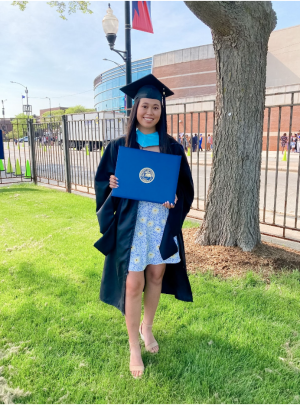
Name: My name is Jessica Mielenz.
Identity: Chinese
Position and Department: I am a school counselor in Student Services.
What do you identify as?: Ethnic wise, I am Chinese, but I would say probably like Chinese-American, even though I was born in China, but I was adopted when I was like a baby. So I have basically been here my whole life.
If you don’t mind me asking, have you ever been in contact with your real parents?: I have never, but I have wanted to do the ancestry thing, but I haven’t gotten around to it. I think it was because of the One-Child Policy, so it was just kind of under the table [having more than one child] because they didn’t want to get in trouble.
Were you adopted by white parents?: Yeah. It’s so interesting. It’s one of those things were like, when people look at me, right, they probably assume I have Chinese parents, but my mom is Italian, so I have more of an Italian heritage or culture.
How did having white parents affect your childhood? Both of my parents did a good job of incorporating Chinese, like, aspects of the culture tying into my childhood. So I took Chinese dance classes, I would go to conventions. I was in a group, like a play group with a bunch of other girls who were like me. I think through that, I was able to be exposed to the culture, but I do think though, looking back, I kind of wish I had more. But also though, I was a stubborn child, and I’m sure my parents asked me but I was so focused on dance that I was just like, “No, I want to just dance the whole time.” So I think it was part of it was me being a kid not fully understanding or appreciating the culture.
Why did you like Chinese dancing so much? I liked the ribbons; that was pretty cool. I was little when I did it. I liked the costumes. It was nice being around other people at the time when I was a little kid, because in middle and elementary school, I was the only Asian student in my grade.
How did being the only Asian kid in your grade impact the way in which you viewed your culture? I think it’s one of those things where, at the time, I was aware, it’s like you’re aware of it, but it’s not in the way that makes you “different,” and a part of me didn’t like that. At the time, I didn’t point it out as “oh it’s because I am Chinese;” you think it’s because “maybe I’m weird” or wherever. But I think sometimes, when you look back and you’re like [realize] “Oh, it’s because I look different.” And I think too, as I grew up, some friends would make comments or being like “Oh I always forget you’re Asian because you’re parents are white.” It’s one of those things where I get they don’t mean bad intentions, but it’s like I’m still trying. I think they thought that was the right thing to say. It’s one of those things where I don’t think it’s bad intention, but it didn’t come out right.
What do you want people during APIDA month to know about your culture? Just asking questions. I think, too, and even I am still learning about all the different heritages that fall underneath the umbrella of “Asian,” getting to learn more about it and talking with people. Also, I guess not making assumptions too. Which I mean, I know we all make assumptions, but just making sure you’re asking questions in a thoughtful way. Attending the events too.
How has it been working at Niles North as a woman of color in a predominately white space? I think oddly enough, I’ve been in more predominantly white spaces, so this one was actually pretty diverse for me, which is one of the reasons why I wanted to work at the school. I did take notice that there’s a lot more than one diverse population of students and staff. Even though I know it can be more diverse, from where it wasn’t like previous jobs, it’s pretty diverse for me, which has been nice. And I think too, I think it’s been nice to have culture be celebrated here, but I’m not used to- like my high school didn’t do the Unity Assembly. We didn’t celebrate each of the [diversity] months, like there was no awareness brought. Coming here, I’ve been more comfortable with embracing my culture.
What’s your favorite tradition and/or traditional dish? Well, I love good orange chicken. I’m a pretty picky eater. So chicken rice, but I’ve been really into, I don’t know if this is Chinese, but ramen, like spicy ramen.
What is one thing you’d like people to know about your culture? I don’t know. I’m still learning it, so I don’t know if I’m the best person to ask that question. But I think just the community, like how family is first. Yeah, I think that’s the most important and I know that’s pretty common among many cultures, but I do think it’s a really nice aspect. And I think that they [family] take care of each other, so that’s really nice.
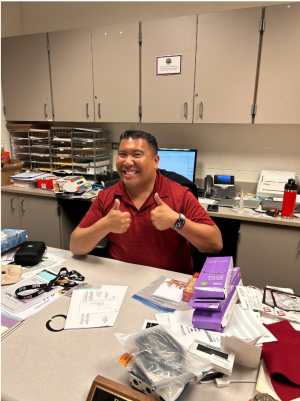
Name: Andrew Dahan
Identity: Asian
Position and Department: Choral Director in the Fine and Applied Arts Department
What’s your favorite thing about your culture? I’m Filipino, and my favorite things are the importance of family and the sense of togetherness the Filipino community provides.
What’s your favorite tradition and/or traditional dish? My favorite tradition is just spending time with all of my family during holidays. My favorite dish would probably have to be leche flan, it’s kind of like the traditional flan, but it’s got more of a caramel taste, and it’s just so delicious.
What is one thing you’d like people to know about your culture? People sometimes forget that Filipinos were a part of the Asian community, have contributed a lot to Asian culture, and were a part of the diaspora. We can sometimes be viewed as less than others, and we should be considered equals.
What do you hope to see this month at school and around town? I want the school community and town to really be thankful that we’re made up of so many diverse people and cultures and remember to uplift everyone now and always.
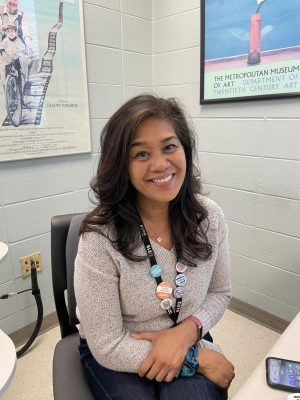
Name: Jean Ordonez
Identity: Filipino American
Position and Department: English teacher, Newspaper adviser and English department
What’s your favorite thing about your culture? We know how to laugh! We know how to support one another. There are moments that can be so dramatic like super dramatic, but the laughter washes that away. And the food is great, too.
What’s your favorite traditional dish? Chicken adobo. It is a very basic dish but it is so flavorful. I will never forget the time I made adobo for my parents, and I made them this big Filipino feast. I made this chicken adobo with coconut milk rather than other traditional ingredients and my dad said we ate like royalty that day. I don’t always cook Filipino food but that meal was very special and now know why I made it, in hindsight. That was the last meal we had with my dad, who died a month later from a brain hemorrhage. To this day, I still can’t eat chicken adobo without thinking about our “royal” meal.
What is one thing you’d like people to know about your culture? We are not all nurses – lol! People should be okay with the answer when I say “No, I’m not a nurse.” We have some great nurses but we can do other things too. We are very compassionate people. Every time I needed medical attention, and there was a Filipino nurse by my side, I’ve always felt so comfortable, because I felt like a family member was taking care of me. It should be okay that not every Filipino is in the medical field. But I know my student Andrei will be a great nurse :))
What do you hope to see this month at school and around town? The APIDA photo exhibit by Ms. Busch’s Photo 2 students are up and that’s very cool. We have an APIDA students group and an APIDA staff group, but not together, so I would love to see them combined for an event or gathering of some sort.
Anything else you’d like to share? One thing I’d like to share is my family’s immigration story. We weren’t a full family until I was 5 years old, because like so many other families, my parents came to America from the Philippines for better opportunities. However, they decided to do this when they had 3 kids and 1 on the way. My dad came first, and he earned his Master’s in Engineering at Iowa State University. Then my mom came, and they had me. My siblings started to come one year after another, and my family wasn’t a full family until I was almost 5 years old. We joke and say I am the only one in my family that can run for president because I was born here. I usually start my classes with this story at the beginning of the year because all my students with similar immigration stories can relate to the multitude of sacrifices made in order to have their families seek better opportunities here in America.
Name: Dianna Yu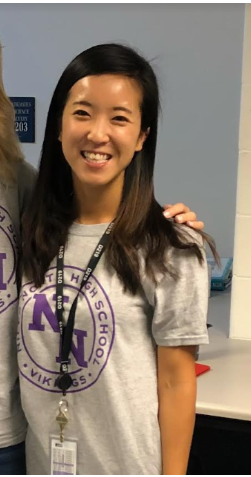
Identity: Korean
Position and Department: Science teacher and director
What’s your favorite thing about your culture? Family and community oriented.
What’s your favorite tradition and/or traditional dish? Kalbi and Naengmyun.
What is one thing you’d like people to know about your culture? There are so many different types of dishes and foods beyond KBBQ.
What do you hope to see this month at school and around town? KINDNESS
Anything else you’d like to share? Korea is one of my favorite places to visit. It is a place full of delicious food and rich culture.
Name: Gary Chu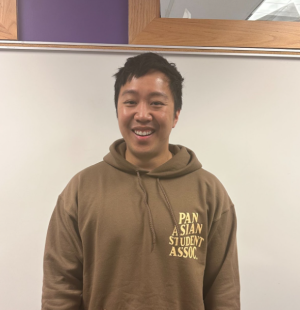
Identity: Asian, specifically East Asian
Position and Department: Math Teacher, Math Department
What’s your favorite thing about your culture? There’s two things. The first thing is it’s community-based, really family oriented. I had a small family, so we didn’t have a ton of like extended relatives. But when we did get together with them, those were probably some of my favorite times. That usually happened over a really good meal, which is the second thing I like about my culture. As I’ve grown up I’ve learned more and leaned more into Chinese food and Chinese culture and have come to really appreciate it as an adult.
What’s your favorite tradition and/or traditional dish? Favorite tradition? I think…one of the biggest holidays that we get together for is Lunar New Year. And so, we get together, we celebrate as a larger family, and that’s probably the best time where we have some of the best foods. My grandfather cooks a lot of the food and we just kind of enjoy what he puts in front of us. If I had to pick…I really like dim sum. It’s kind of like Chinese breakfast/brunch; [there’s] oftentimes small plates and things that are savory, things that are sweet, there’s a lot of different things.
What is one thing you’d like people to know about your culture? Ethnically I identify as Chinese and within the Chinese culture there are so many different ethnic groups or subgroups within the larger group…Oftentimes people think of Chinese as this monolithic culture, and depending on what part of China…people are from, their lived experiences are drastically different from each other; not all Chinese people are the same.
What do you hope to see this month at school and around town? I’d love to see our staff come together more unifiedly. We have a lot of Asian staff here in Niles North. Within the district, we have 4.5 times as many Asian teachers than the national average…like 2% identify as Asian. It would be great for us [the Asian staff] to come together in solidarity and celebrate ourselves.
How have you shared your culture in your life/at NN? At Niles North, I think it took a while for me to lean into and kind of be able to show who I am and be able to be a representative for students who look like me. As my career has progressed here for the past 12 years, I feel more comfortable to kind of be able to extend my lived experience as a first-generation child of immigrants. That is really something that resonates with not only Asian students but other students [as well, such as] immigrants themselves. There’s some commonalities in storytelling that I share with my classes that a lot of students kind of build a bridge in.
Have you ever experienced struggles regarding your culture? Have you experienced internalized racism before? All the time. I think it took a long time for me to stand up for myself not only as an individual but even in the workplace. I’ll say I really enjoy working here but there have been times where I’ve been talked over or [have had] ideas taken and not given credit, specifically from White colleagues. And still, today, there are some microaggressions that take place where some of my colleagues and even students say some things that are like a million papercuts.
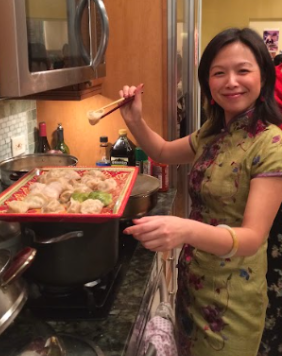
Name: Limin Dove
Identity: Chinese
Position and Department: Chinese teacher, Language department
What’s your favorite thing about your culture? My favorite thing about my culture, I have to say, is the importance of family. It’s very common in China to have a few generations left together under one roof. So when celebrating traditional festivals, family gathering is always the most important thing in any festival. So it’s the same for me, my family is the most important thing of my life.
What’s your favorite tradition and/or traditional dish? My favorite tradition will be celebrating all the traditional festivals with my family when I grew up. Food is always one of the most important parts. It’s really hard for me to pick on favorite dish because there are so many dishes that I love. I grew up in a coastal city, so I love seafood dishes and also anything my mom makes.
What is one thing you’d like people to know about your culture? Since I’m a language teacher, I would like to share pieces about language. Most people probably know Chinese Mandarin and Cantonese, right? Probably there two are most commonly known languages in China. But actually, of course, Mandarin is the official language in China, there are over 300 living languages spoken in China under seven different groups. So for instance, in my hometown, we speak a language, Chinese people call, “Bird’s Language” because it’s so difficult for other people to understand the language. And they say only birds can understand, or sounds like birds’ language so very few people can understand. So there are 300 different languages that are spoken in China, which I think is pretty cool. But most people don’t need Mandarin or Cantonese. And interestingly, people will not be able to understand each other too.
Why is celebrating your culture important to you? I would like to [celebrate] culture because celebrating culture is to promote to keep the tradition and also to promote the awareness of your tradition. I think that the culture is very important too. It’s one way to keep your tradition. Chinese culture is part of me. It’s part of my identity, so it’s very important to me.
What do you hope to see this month at school and around town? I would like to see the activities that promote awareness and appreciation for the diversity and richness of AAPI culture and history. So I would like to see those activities that would reach the goal. To bring that awareness and that appreciation for the culture and traditions.
Anything else you’d like to share? I have to say that since AAPI Heritage Month is always in May, [which] for school, May is really not an ideal month. To celebrate any cultural events just because everyone is so busy in May for AP exams and final exams. People are probably a bit overwhelmed and stressed they don’t really have the extra energy to participate in the celebration. But I really hope people can just take a look at our AAPI event calendar, maybe see if they can find a few things that interest them and join the celebration.
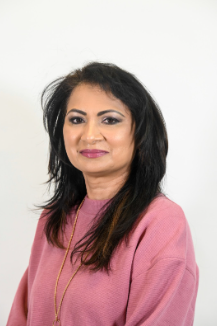
Name: Samina Hussain
Identity: Desi (Indian)
Position and Department: I am the strategic partnerships coordinator in the Communications department, and my office is in the administration office.
What is your comfort/favorite movie? Shawshank redemption
What is your comfort food? Coffee
What is your favorite song and artist? I really like Queen and Freddie Mercury.
What’s your favorite thing about your culture? My favorite thing would be the strong emphasis on family which is the great thing I like about our culture.
What’s your favorite tradition and/or traditional dish? My favorite tradition is our Eid celebrations where we have two really big Eids in the year with all sorts of food but my favorite is biryani which my mom makes.
What is one thing you’d like people to know about your culture? One thing would definitely be how India has over 1.418 billion people and that 22 major languages are spoken in India, not to mention It’s the second largest area that speaks English (especially as you progress in education). And of course, last, India has one of the seven wonders of the world, the Taj Mahal.
What do you hope to see this month at school and around town? One of the things would be about the Asian community in general, especially just knowing about our food, music, and clothing even besides the stereotypes, for example, the amount of discrimination we face but don’t speak out because it’s taught to us as kids to “not make waves” or “keep quiet, don’t cause problems” and this allows for more discrimination to be taken place because we too are a part of American society as well, I want people to understand we are hoping to bring balance to the community, that we also have our struggles.
What are your hobbies? I like to travel. I went to India to celebrate Eid when my dad passed away in 2006. I want to acknowledge him for making me the person I am today, and teaching me about being humble. For example, whenever we went to India, we weren’t allowed to be rude because you have to understand not everyone is as privileged. The whole experience taught me to understand other perspectives and traveling helps you do that. I hope to travel more in my life and advise if you get the chance to travel, get a backpack and immerse yourself in the culture of wherever you are.
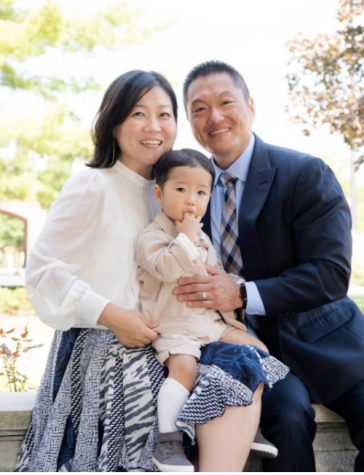 Name: Jerry Kim
Name: Jerry Kim
Identity: Korean-American
Position and Department: EL and English
What’s your favorite thing about your culture? How proud we are to be Korean. Food is second.
What’s your favorite tradition? Korean New Year. It’s a time for us to honor our elders and celebrate the welcoming of a new year with them. Traditionally we bow to our elders, bless them and wish them a happy new year. Then they give us an envelope with money. Even babies get money.
Any favorite cultural dish? Korean barbeque and cold buckwheat noodles.
What is one thing you’d like people to know about your culture? We’re more than just K-pop and K-drama. We have a very rich, distinct history and culture and it’s one that’s often overlooked because of the popularity of K-pop and K-drama.
What do you hope to see this month at school and around town? More love and recognition and less hate. I’d like to see more understanding and love. I’d love to see more people understanding each other and less racist comments and jokes.
What makes you proud to be Korean? It’s who I am. It’s part of my upbringing. It’s very deeply rooted in who I am because of the language, the food also just understanding where we were, seeing where we are, and trying my best to guide where we should be going.
Why do you think APIDA month is important? I think the Asian community in general is far too often overlooked. People perpetuate the model minority and think of us as white people. It helps us recognize that we’re here as well and that we belong. We aren’t assimilated into the culture, we’re mixed with the culture. We’re a part of this culture.
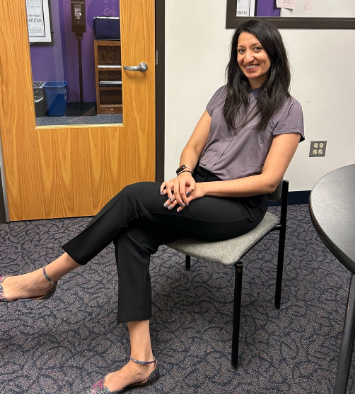
Name: Sonia Pietrzyk
Identity: Indian
Position and Department: Physics teacher
What is your comfort/favorite movie? My favorite movie is Good Will Hunting.
What is your comfort food? Definitely pizza
What is your favorite song and artist? My favorite song is “The Hook” by the Blues Travelers and my favorite artist is Lady Gaga.
What’s your favorite thing about your culture? That it is very family oriented.
What’s your favorite tradition and/or traditional dish? Celebrating Diwali. I like it because the whole family gets together and dresses up. Everyone makes it a point to be present, we have dinner together and gifts are exchanged. For my favorite dish, I like dosas.
What do you hope to see this month at school and around town? Just celebrations of different Asian cultures and the getting together of people.
What are your hobbies? I like reading, working out and baking.
Anything else you’d like to share? I feel very privileged to be Indian and I get to raise my kids being Indian too. I think the culture is very rich and full of love and I’m happy I can get to share it with a lot of students at Niles North.
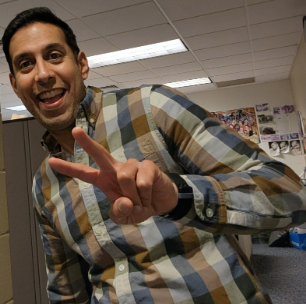
Name: Pankaj Sharma
Identity: Indian
Position and Department: History teacher (Social Studies)
What’s your favorite thing about your culture? I love how [my Indian culture] connects me to my family. So my parents, my aunts and uncles, and my cousins. What I like is that a lot of it is about the importance of family, respecting others, respecting elders, and trying to be a better person.
What is one thing you’d like people to know about your culture? I think that people should know that a lot of Indian culture is about having fun and celebrating. Relationships are a key part; family, friends, and neighbors. It is important to value and prioritize them while caring for others. We also love to dance, we love to eat, we love to celebrate, and most of all, we love to include other people.
What do you hope to see this month at school and around town? I think that we should prioritize student voices and student stories so that they can share what is important to them about their culture.
How else would you like to see APIDA culture more strongly represented at Niles North? As long as we try to get students to tell us what they think is important to them about their culture, that will be the key to being successful.


